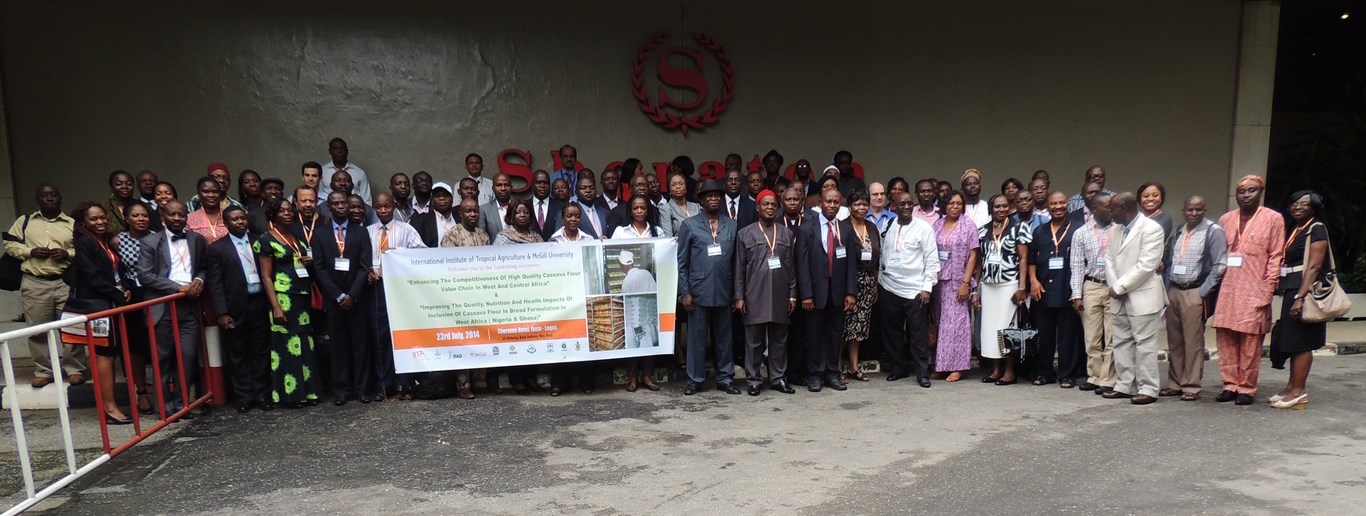The International Fund for Agricultural Development (IFAD) is supporting the inclusion of cassava flour in bread and other forms of confectionery as part of efforts to improve food security and the livelihoods of farmers in sub-Saharan Africa.
This follows the launching in Lagos on 23 July of two projects under IFAD grants: Enhancing the Competitiveness of the High Quality Cassava Flour Value Chain (HQCF) in West and Central Africa; and Improving Quality, Nutrition and Health Impacts of the Inclusion of Cassava Flour in Bread Formulation in West Africa (Nigeria and Ghana).
The projects will, among others, support the generation, dissemination, and adoption of improved technologies for production and processing; develop and pilot-test a set of integrated best-bet options for HQCF production and promote market access to secondary products; and develop and promote appropriate evidence-based models for sustainable value chain development for African agricultural commodities using HQCF production and processing as an example.
Dr Alfred Dixon, Project Leader of IITA’s Sustainable Weed Management Technologies for Cassava Systems in Nigeria project, represented the Director General, Dr Nteranya Sanginga on the occasion. He described cassava as a “poverty fighter” and said the two IFAD-funded projects were timely.
Improving the use of the crop, and scaling up/out processing technologies would help Africa to address the issues of poverty and hunger on the continent, he said.
“Africa has a comparative advantage in cassava production… so let us use cassava to get what we want.”
Grown mostly by small-scale farmers, cassava is a source of livelihood for about 300 million people in sub-Saharan Africa. However, because the value chain is underdeveloped and the crop spoils relatively quickly after harvesting, farmers are yet to exploit the full potential in terms of livelihood improvement.
Recently researchers from IITA and partners successfully baked bread with 40% percent cassava flour and 60% wheat flour, showing bakers a window of possibilities. IFAD sees this inclusion as a major step that would address food insecurity, create jobs especially for the rural youth, and improve incomes.
Dr Malu Ndavi, Senior Program Officer, IFAD, said, “Our expectation is that these projects will touch the lives of poor farmers.” He urged implementers/ partners to work together towards ensuring that the project’s goals and objectives are delivered on time.
The 18-month project on increasing impact on nutrition and health will be led by Dr Bussie Maziya-Dixon (IITA) and Prof Michael Ngadi (McGill University, Canada). The 36-month project on enhancing the competitiveness of the HQCF value chain will be led by Dr Adebayo Abass from IITA. Other partners include the University of Agriculture Makurdi, Federal University of Agriculture Abeokuta, Federal Institute of Industrial Research Oshodi, National Root Crops Research Institute Umudike, flour millers, farmers, bakers, and cassava processors among others.



No Comments